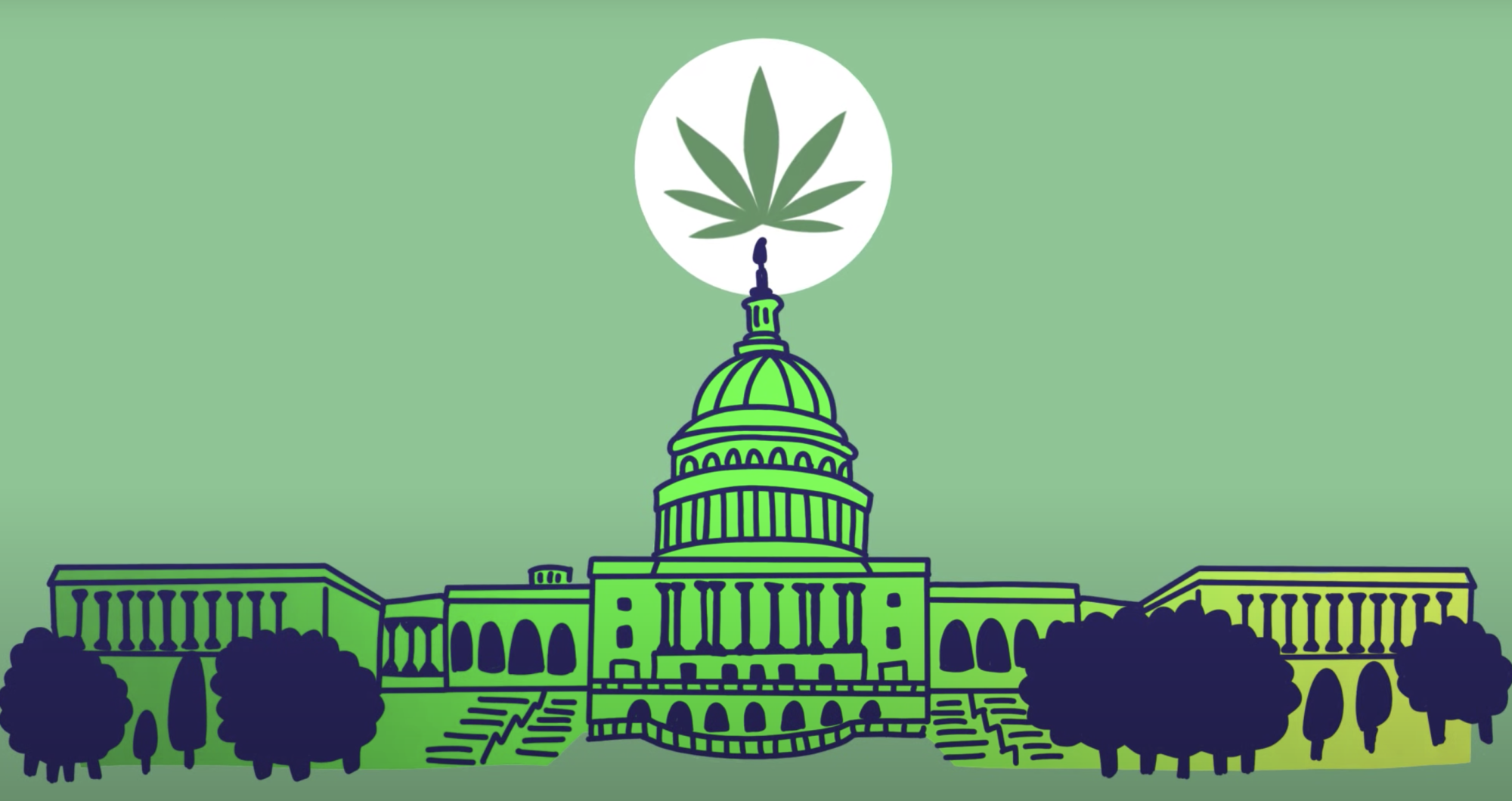A Calculated Approach: Navigating Federal Cannabis Legalization
LOS ANGELES– The landscape of federal cannabis reform is undergoing a notable transformation, propelled by the growing number of states embracing adult-use cannabis. As this trend gains momentum, policymakers are increasingly compelled to consider significant modifications at the federal level. Key discussions revolve around two crucial acts: the SAFE Banking Act and the PREPARE Act, both poised to shape the future of cannabis regulation.
Acknowledging the current political climate, which includes some bipartisan skepticism towards comprehensive federal cannabis legalization, lawmakers recognize the need for a strategic and incremental approach. Rather than pursuing an instantaneous overhaul, they seek to lay the groundwork through calculated reforms.
Senate Majority Leader Charles E. Schumer (D-NY) has been unwavering in his efforts to protect banks serving the cannabis industry, introducing multiple iterations of the Secure and Fair Enforcement (SAFE) Banking Act. Although the original 2021 Act and its extended 2022 variant faced setbacks, Schumer remains optimistic. The Senate Banking, Housing, and Urban Affairs Committee has scheduled a debate on the SAFE Banking Act for May 11, 2023, providing a renewed opportunity for progress.
Senator Jeff Merkley (D-OR) shares Schumer’s positive outlook, expressing hope for the bill’s approval on the Senate floor. “I think there’s a real path,” he asserts, indicating his belief in an imminent breakthrough.
On the House side, the PREPARE Act, acronym for Preparing Regulators Effectively for a Post-Prohibition Adult-Use Regulated Environment, was reintroduced on April 13, 2023. Co-filers Representative Dave Joyce (R-OH), co-chair of the Congressional Cannabis Caucus, and House Minority Leader Hakeem Jeffries (D-NY) are acutely attuned to the rapidly evolving cannabis regulatory landscape across states.
The central objective of the PREPARE Act is to establish a “Commission on the Federal Regulation of Cannabis,” representing a minor yet pivotal stride towards federal legalization. Despite a Republican majority in the House and the slim chances of comprehensive cannabis legislation passing, bipartisan support for the PREPARE Act remains plausible.
Amidst the evolving landscape, proponents of cannabis reform advocate for a measured and gradual shift in legislation. With 22 states legalizing adult-use cannabis and 16 allowing medical use only, the federal government’s continued classification of cannabis as a Schedule I and II controlled substance appears increasingly out of touch. However, anti-cannabis sentiment persists among legislators across party lines, posing obstacles to federal reform.
Advocates of incremental reform stress the wisdom of avoiding sudden and drastic transformations in cannabis legislation. Instead, they propose a step-by-step approach that gradually loosens the federal government’s grip on cannabis regulation. Representative Earl Blumenauer (D-OR), founder of the Congressional Cannabis Caucus, warns against an all-or-nothing approach, emphasizing the perils associated with such an approach.
The journey towards federal cannabis reform resembles a high-stakes chess game, where each move is deliberate and calculated, all with the ultimate goal of achieving full federal legalization. Like any strategic game, it requires patience and a careful balancing act. This chapter in the history of cannabis reform highlights the importance of incremental legislative changes that can guide the nation towards the desired checkmate.




































